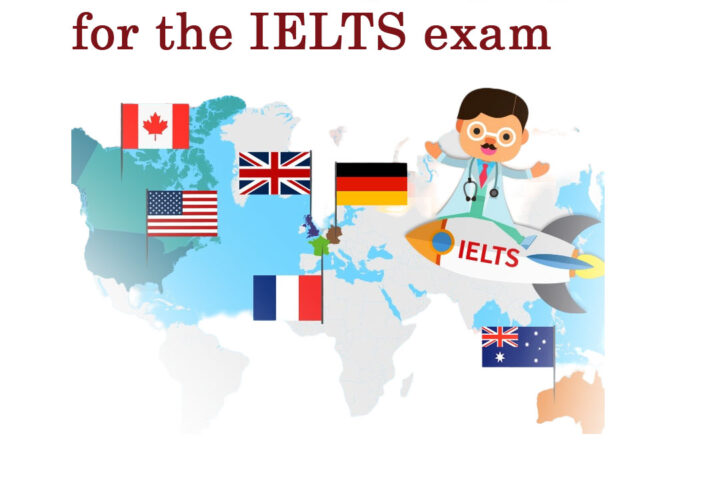A systematic method to enhancing your Ielts- English language proficiency in speaking, reading, writing, and listening is necessary when preparing for the IELTS (International English Language Testing System) exam. Take a practice test Guide your preparation, by taking a practice test to begin with and identify your weaknesses. Most test-takers consider taking an IELTS preparation...
Category: Ielts
Ielts
IELTS Preparation Tips
Taking IELTS ( Tips) opens doors–it can help you live, study, and work around the world. More than 9,000 organizations in 140 countries accept IELTS, including government, academic, and employment institutions. And IELTS is the only English language test accepted for immigration purposes by all countries that require one. If you are applying for...
IELTS Speaking
The duration for the first part of the IELTS speaking test lasts 4-5 minutes. You may be asked to introduce yourself and even speak about 2-3 personal topics. Here are some examples of IELTS speaking questions and answers. How do you spend your weekends? On weekends, I usually spend time with my friends. We indulge...
The Purpose of the IELTS
The International English Language Testing System (IELTS) is a standardized test conducted by British Council, IDP IELTS Australia, Cambridge ESOL, for no – English speakers around the world, who want to study, work or move to a country where English speaking is the primary mode of communication. IELTS is useful not only for higher education...
IELTS Common Speaking Topics
To score high in the speaking section of the Speaking Tips Of IELTS test, candidates need to understand the various questions they may encounter in each part of the test. There are three parts in the IELTS speaking test, and the question patterns are different for each. Let’s discuss some of the IELTS speaking topics with answers. The...


